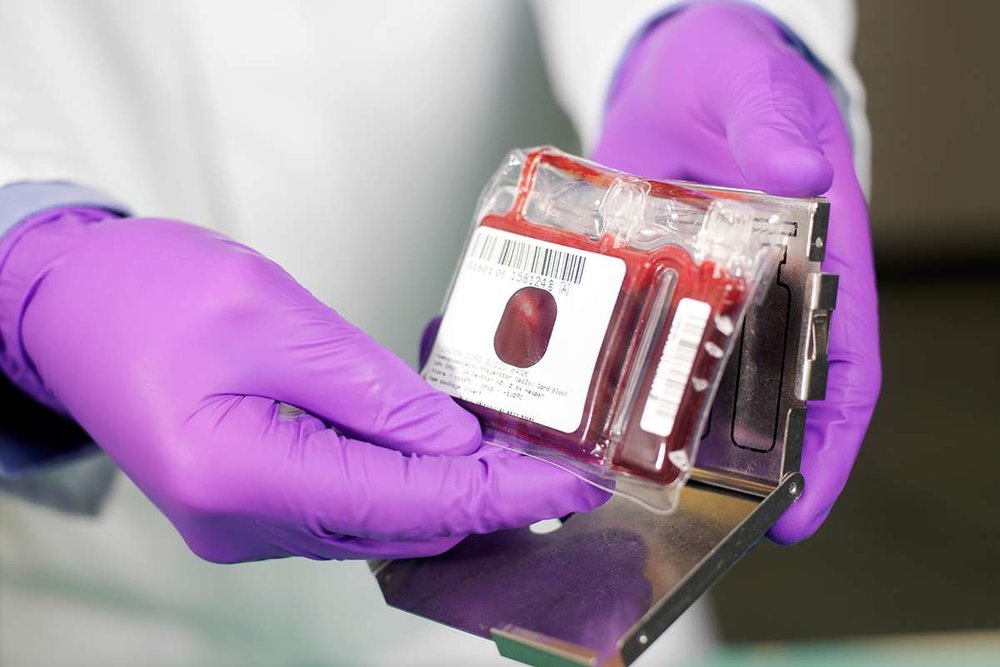Iran home to largest cord blood bank in Middle East

TEHRAN- Iran has the largest store of cord blood samples in Middle East by having collected 110,000 samples, announced the Managing Director of Royan Institute for Stem Cell Biology.
A cord blood bank is a facility which stores umbilical cord blood for future use. Cord blood contains hematopoietic stem cells and are currently used to treat blood and immune system related genetic diseases, cancers, and blood disorders.
According to Dr. Morteza Zarrabi, Iran is now among the top ten containers of hematopoietic stem cells, IRNA reported on Thursday.
Zarrabi added that storing cord blood samples have started in the country since 2005 and currently 400 hospitals are contributing to the collection process.
Storing cord blood samples have started in the country since 2005 and currently 400 hospitals are contributing to the collection process in Iran.
“There are both public and private cord blood banks in Royan, but Iranian Blood Transfusion Organization and Shariati Hospital only have public banks,” said Zarrabi.
Public cord blood banks accept donations to be used for anyone in need, and as such function like public blood banks. Private cord blood banks store cord blood solely for potential use by the donor or donor's family.
According to Royan’s managing director, the institution’s private bank charges 32 million rials (around $760) for the collection and around 400,000 rials (around $9.5) a year for storage of cord blood samples.
Private banks typically charge $2,000 for the collection and around $200 a year for storage.
“We also have offices in the United Arab Emirates and Iraq and accept cord blood samples from them as well,” Zarrabi further remarked.
Few cord blood transplants are happening
“Despite our large storage of stem cells, there are unfortunately few transplant and cell therapy centers in the country,” Zarrabi regretted.
“Up to now, we have done 30 cord blood stem cell transplants for patients with blood disorders and 120 clinical-trial transplants for patients with brain paralysis.”
“Annually, we need around 3,000 bone marrow transplants, but there has been only a total of 3,500 bone marrow transplants in the country over the last ten years. There are a number of reasons for such few transplants, including the small number of transplant centers, the shortage of doctors, and the high expenses of such procedures.”
“As for transplant expenses, the former health minister believed that the transplants must be free of charge; however, it incurs high costs on the hospitals; subsequently, many of them are reluctant to do such procedures.”
According to Zarrabi, every cord blood transplant costs around 60 to 70 million rials ($14,000 to $16,000).
SJ/MQ/MG
